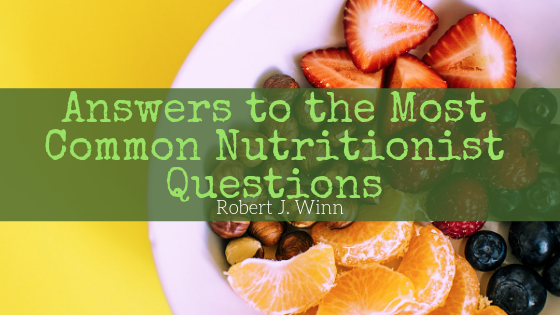Adopting a healthier diet is essential to living a long life and maintaining a good quality of life. However, nutrition is a complex topic to understand, and even the most health-conscious people can get confused. While there are many issues that you may have difficulty understanding, here are the answers to a few common questions for those trying to eat healthier foods.
Is cutting carbs essential to weight loss?
Even though most diets promote the idea of exchanging carbs for healthy fats, that’s not always the most efficient weight loss plan. The body prefers to burn carbs for energy, so a good balance of protein, fat, and carbohydrates is the best strategy. For optimum results, get your carbs from natural sources, such as legumes, seeds, whole grains, and nuts.
Is eliminating sugar really necessary?
If you try to eliminate all sugar from your diet, you’re in for a big, unpleasant surprise. You’ll be hard-pressed to find many foods without some sugar in them. The trick is to eliminate added and refined sugars from your diet. This is a little easier now that packages have to specify when additional sugar was added. Be especially wary of high fructose corn syrup, since this is a type of highly refined sugar.
Which diet is the best?
This is probably the one question nutritionists hear most often, and almost every nutritionist will offer the same answer: none. While every diet has the potential to help you lose weight, that weight loss is only temporary. As soon as you go off of the diet, you’ll likely gain those pounds right back and then some. The best method for sustained weight loss is to adjust your diet permanently. By eating healthier foods and reducing your intake of junk foods, you’ll give your body the fuel it needs to burn fat.
Are fruits bad for you?
It’s true that fruits do contain natural sugar, but they’re hardly the villain in eating healthy. Worry more about eliminating juices and soda from your diet, as well as other foods with added sugar. The natural sugar in fruit is balanced out by the high natural fiber content.
While these are some of the most common nutritionist questions, it’s likely you have many more nutrition-related questions on your mind. Don’t be afraid to talk to your doctor, or another healthcare provider, when these issues do arise. It’s better to ask these questions and find out the real facts than to suffer the consequences of living in ignorance.

